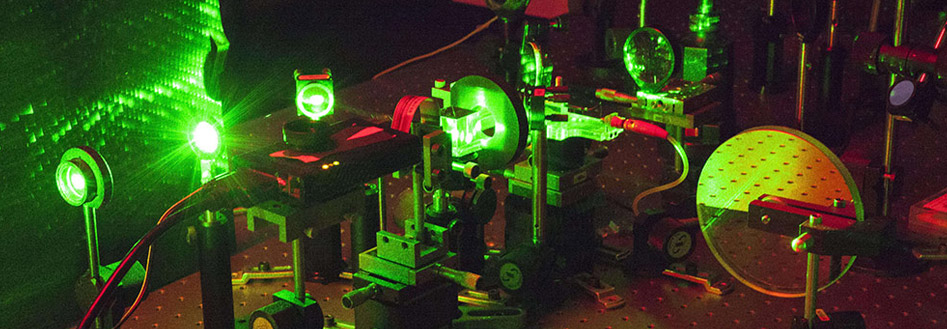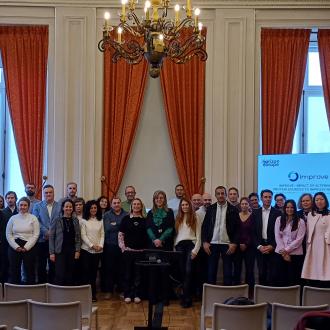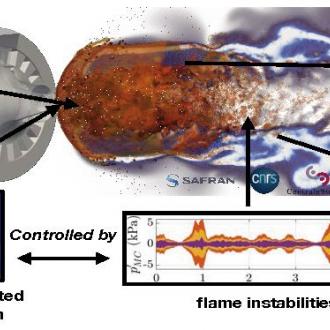Researchers from CentraleSupélec's Photonics Chair have participated in the creation of a laser that generates more than 250 trillion random numbers per second, used to secure digital information. This project was carried out within an international collaboration (LMOPS laboratory of CentraleSupélec and the University of Lorraine, Yale University, Trinity College Dublin, Imperial College London and Nanyang University of Technology in Singapore).
Every second, several tens of billions of digital data circulate in each of our telecommunication links. To secure this information, a random data generation system is used. Current techniques include algorithms that generate these numbers, as well as physical noise sources, often of electronic or thermal origin. However, both techniques have their limitations: the first is vulnerable to software intrusions and the second has a limited throughput.
This record is more than 1,000 times greater than the 2014 record, also set by the Photonics Chair, since it allows the generation of 250 billion billion numbers.





